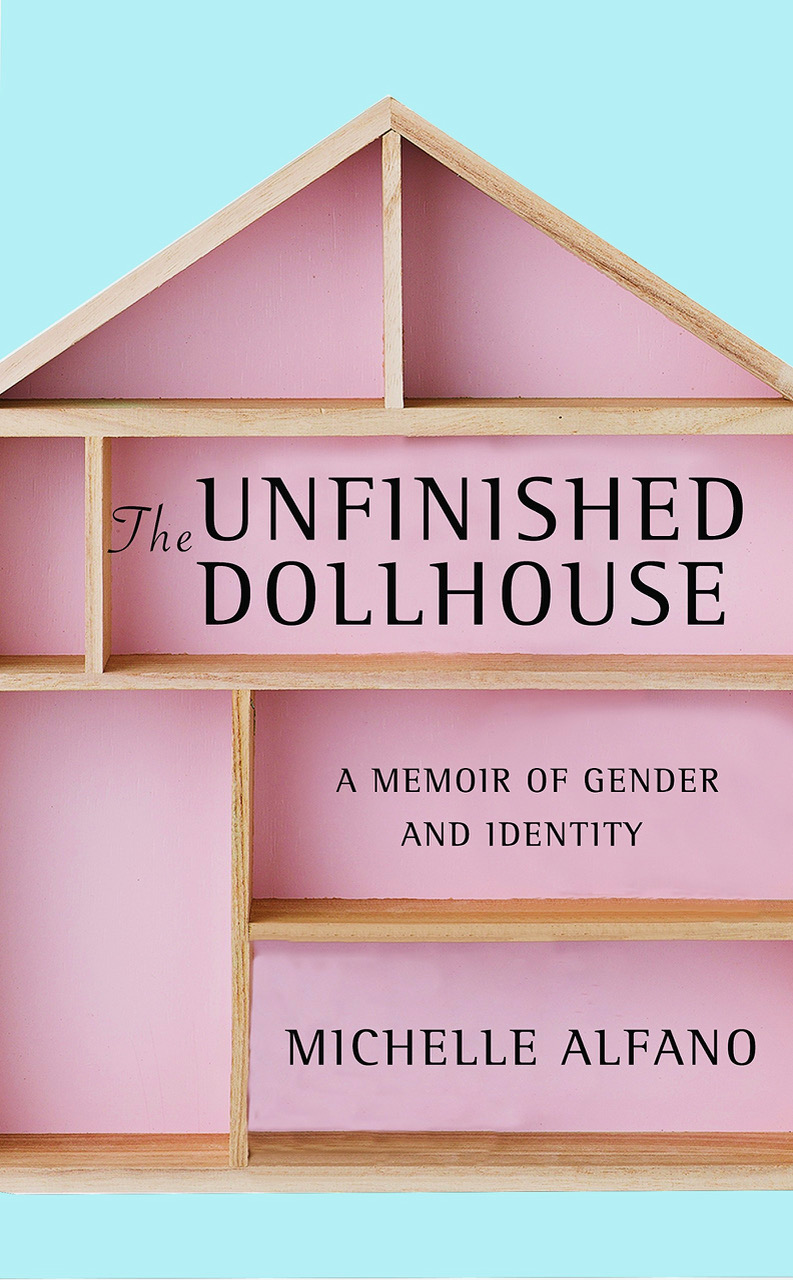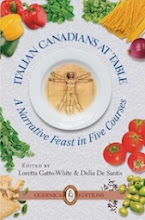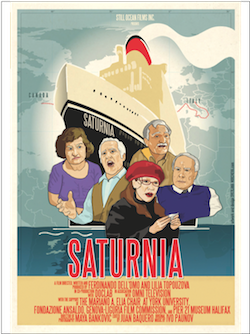 |
| Simone (Renato Salvatori) and Rocco (Alain Delon) |
Rocco e suoi Fratelli (Rocco and His Brothers) (Italia, 1960) directed by Luchino Visconti,
TIFF Lightbox 4, 2.45p, 180 minutes
Visconti's family saga recounts the tale of the Parondis, an impoverished, Sicilian family comprised of a widowed mother and five sons seeking a new life in Milan. Despite its operatic dimensions and the sometimes histrionic performances, it is a
tragically realistic portrayal of the Southern Italian diaspora in the late
1950s and early 1960s. Touted as the last of the neo-realist classics of Italian
cinema, it tears at you with the ugly truths about the immigrant experience for the
working poor in a hostile, alien environment - even if it is within a country that is presumably your own.
Poverty drove
Southerners from Sicily and Calabria abroad and to the north of Italy in the early and mid 20th century. Regarded as intellectually and racially inferior and buffoonish (one neighbor calls the Parondi
clan “Zulus” – an crude allusion to the racial heterogeneity of Sicilian history, culture and blood) - the Sicilians are relegated to the poorest of living
conditions and the most menial of employment.
The Milan
pictured here is dreary, cold, shrouded in fog or cold weather. In one scene the family rejoices when it snows because it means work for the four older brothers shovelling snow. The boys do
what they must to survive. In the same way that new immigrants in Canada may
turn to manual labour or factory work, are forced into crowded, unsafe living conditions and engage
in brutal sports such as boxing to succeed – the Parondis must do so as well in Milan.
Each
brother responds differently to the challenges of life in the north and the film is divided accordingly: Simone
becomes, for a time, a highly successful boxer; Vincenzo, a devoted family man; Rocco
(played by a dreamy and angelic looking Alain Delon) works in a laundry; Ciro works as a
labourer in a Alpha Romeo car factory; the youngest Luca remains with his mother
witnessing the family turmoil with alarm and vowing that he will one day return
to Sicily.
The portrayal
of Rosaria (Katina Paxinou), the matriarch, falls into the tropes that plague all dramas about
Sicily – she is histrionic, possessive of her boys, suspicious of all women, irrationally protective
particularly regarding Simone who is violent, abusive and troubled.
When Rocco
and Simone fall in love with the same girl – a high-spirited prostitute named Nadia (Annie Girardot)
– the men are locked in a turbulent battle with Nadia as a sexual pawn to the
extent that one brother rapes Nadia in front of the other brother to humiliate
him and mark his territory. There is a disturbing religious element to Nadia's death when she is stabbed to death by Simone after she rejects him. Leaning against a pole, she raises
her arms as if being raised upon a crucifix. It is as if, Christ-like, she is sacrificing herself for the two brothers and their relationship.
Visconti – northerner, Marxist, aristocrat and homosexual – clearly views the North as a
corruptive influence destroying good and honourable men such as Rocco and his
brothers. Ciro’s last words echo this accusation when he speaks of the improbability
of returning to Sicily and of the South treating its villagers as “beasts of
burden”, under the yoke of the padrone. And yet the last scene we see is of Ciro
and his workmates, slowly advancing towards the factory in a meandering,
bovine fashion – like calves to the slaughter.
Rocco, though
victorious in his boxing championships and forced to commit to an unsavoury boxing
promoter for ten years to clear the family of Simone’s horrendous debts, is trapped as well. The only thing that appears to offer redemption for the Parondis is
family – in the image of Ciro’s sweet-faced fiancée and Vincenzo’s small and growing family.
This too is a trope in the depiction of Sicilian culture that we see repeated but it does offer the possibility of hope, of redemption from enslavement to the snares of capitalism, of industrialization and dislocation from one's home.
TIFF OF THE DAY: The presenter of the film noted that, though vilified by the critics, Rocco drew record crowds in Italy and was second only to La Dolce Vita, in box office, when released in 1960.

.jpg)










No comments:
Post a Comment